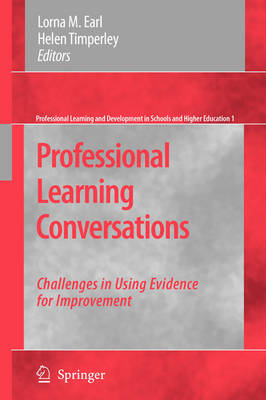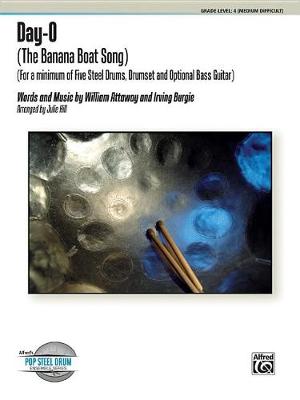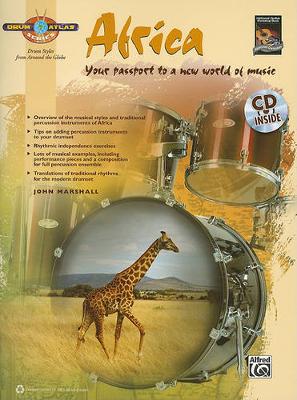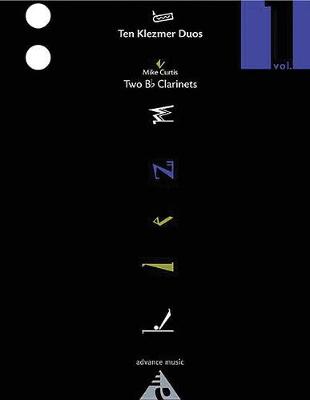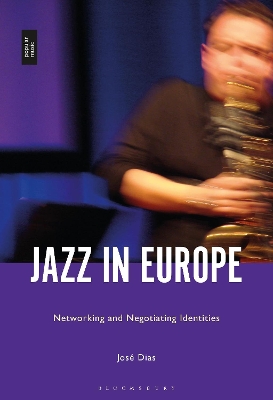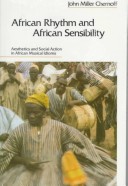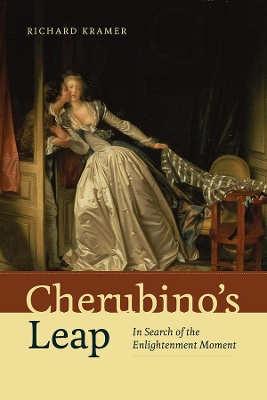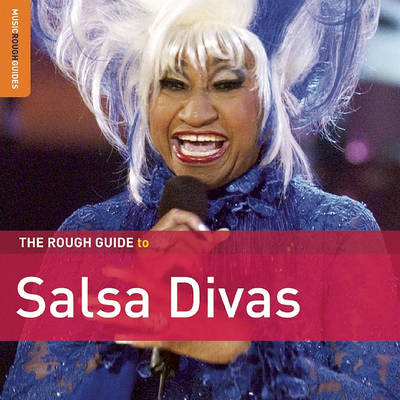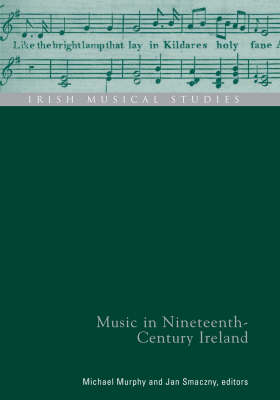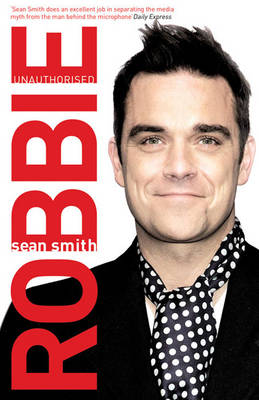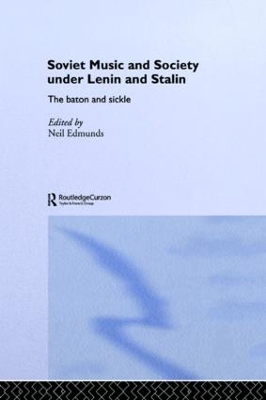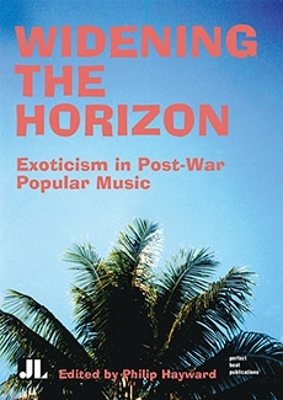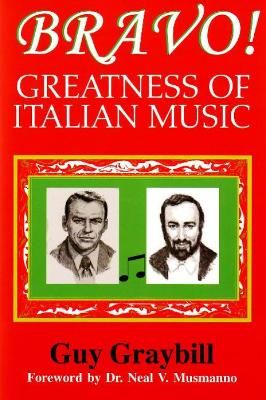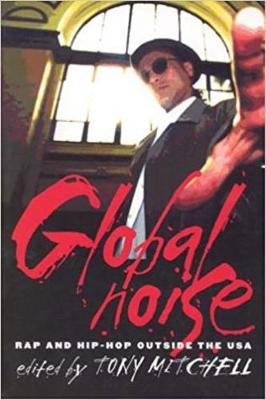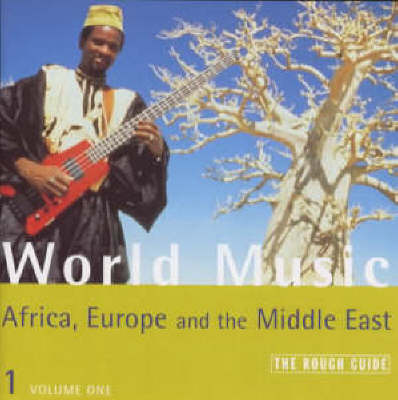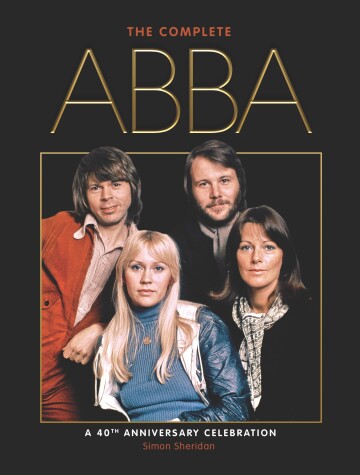This volume provides informed arguments, theory and practical examples based on research about what it looks like when educators, policy makers, and even students, try to rethink and change their practices by engaging in evidence-based conversations to challenge and inform their work. It allows the reader to experience these conversations. Each story reveals the depth of thinking that change requires, showing that change requires new learning and new learning is hard.
The Rise of Musical Classics in Eighteenth-century England (Clarendon Paperbacks)
by William Weber
18th-century England was the first country where old musical works were performed regularly and reverentially, and where a collective notion of such works - "ancient music" - first appeared. This work explores the formation of musical "classics" in regard to repertory and social context. It examines the performance of old music of the Elizabethan period at the beginning of the century, through the performance of works by Henry Purcell, Arcangelo Corelli, and other English and Italian composers,...
Musical Visitors to Britain (Woburn Education)
by Peter Gordon and David Gordon
Britain has attracted many musical visitors to its shores. A varied and often eccentric collection of individuals, some were invited by royalty with musical tastes, some were refugees from religious or political oppression, some were spies, and others came to escape debt or even charges of murder. This book paints a broad picture of the changing nature of musical life in Britain over the centuries, through the eyes and ears of foreign musicians. After considering three of the eighteenth century...
2020-2021 Monthly and weekly (2 Year Monthly and Weekly Planner 2020-2021, #3)
by Moliya Hernadez
Should we talk of European jazz or jazz in Europe? What kinds of networks link those who make it happen 'on the ground'? What challenges do they have to face? Jazz is a part of the cultural fabric of many of the European countries. Jazz in Europe: Networking and Negotiating Identities presents jazz in Europe as a complex arena, where the very notions of cultural identity, jazz practices and Europe are continually being negotiated against an ever changing social, cultural, political and economic...
"We have in this book a Rosetta stone for mediating, or translating, African musical behavior and aesthetics." Andrew Tracey, "African Music" "John Miller Chernoff, who spent 10 years studying African drumming, has a flair for descriptive writing, and his first-person narratives should be easily understood by any reader, while ringing unmistakably true for the reader who has also been to West Africa." Roderick Knight, "Washington Post Book World" "Ethnomusicologists must be proud that their di...
For the Enlightenment mind, from Moses Mendelssohn's focus on the moment of surprise at the heart of the work of art to Herder's imagining of the seismic moment at which language was discovered, it is the flash of recognition that nails the essence of the work, the blink of an eye in which one's world changes. In Cherubino's Leap, Richard Kramer unmasks such prismatic moments in a range of iconic instrumental works by Emanuel Bach, Haydn, and Mozart; in the musical engagement with the formidabl...
Music in Nineteenth-Century Ireland
Robert Peter Williams was a sixteen-year-old selling double glazing when he auditioned for a new boy band which became Take That. Twenty years later he is one of the most popular entertainers Britain has ever produced: he has recorded eight number one albums in the UK and he sold 1.6 million tickets for his 2006 world tour in a day. The most successful artist in the history of The Brits, Robbie was given a Lifetime Achievement Award one day before his 36thbirthday in 2010. The UK's leading cel...
This book investigates the place of music in Soviet society during the eras of Lenin and Stalin. It examines the different strategies adopted by composers and musicians in their attempts to carve out careers in a rapidly evolving society, discusses the role of music in Soviet society and people's lives, and shows how political ideology proved an inspiration as well as an inhibition. It explores how music and politics interacted in the lives of two of the twentieth century's greatest composers...
Widening the Horizon
During the 1950s and early 1960s, the musical exotica produced by performers such as Les Baxter, Martin Denny, and Arthur Lyman enjoyed international success. Widening the Horizon is the first in-depth analysis of the music and its cultural context.
The thirteen essays that comprise Global Noise explore the hip hop scenes of Europe, Anglophone and Francophone Canada, Japan and Australia within their social, cultural and ethnic contexts. Countering the prevailing colonialist view that global hip hop is an exotic and derivative outgrowth of an African-American-owned idiom subject to assessment in terms of American norms and standards, Global Noise shows how international hip hop scenes, like those in France and Australia, developed by first a...
Musical identity raises complex, multifarious, and fascinating questions. Discussions in this new study consider how individuals construct their musical identities in relation to their experiences of formal and informal music teaching and learning. Each chapter features a different case study situated in a specific national or local socio-musical context, spanning 20 regions across the world. Subjects range from Ghanaian or Balinese villagers, festival-goers in Lapland, and children in a South A...
For the very first time "The Complete ABBA" compiles all of the Swedish supergroup's singles, albums, TV specials, tours and movies. From their 1972 debut single "People Need Love", this book chronicles the band's incredible story right through to the hit movie "Mamma Mia!" and beyond, to "2012", the band's 40th anniversary. This is all the ABBA you'll ever need.
